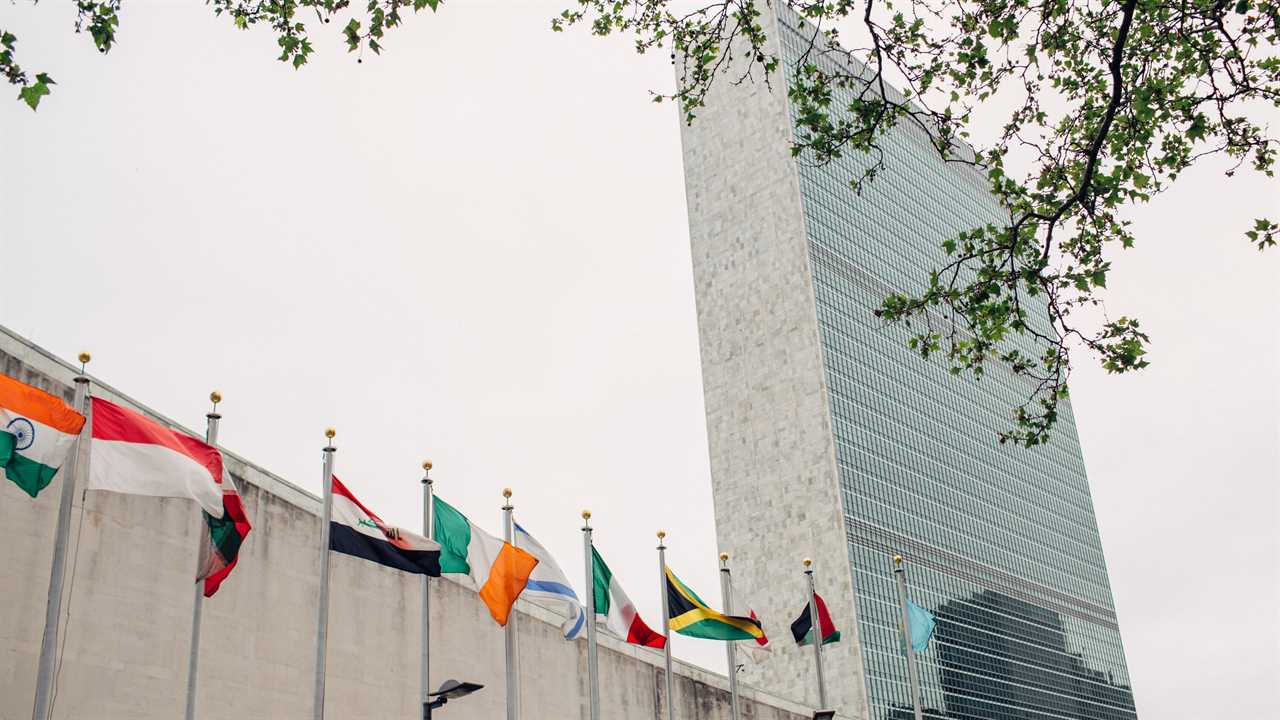
President Biden, under pressure to assert more leadership in ending the global coronavirus pandemic, intends to use a summit next week on the sidelines of the United Nations General Assembly meeting to convince other nations to set aside domestic demands and instead focus on getting vaccine doses to poor countries dependent on donated shots.
A senior administration official said that Mr. Biden’s message to other nations would be: “The United States cannot and should not do this alone. Everyone has to hold themselves accountable to fulfilling the commitments we’ve all made.”
The summit, which Mr. Biden plans to convene on Wednesday, will be the largest gathering of heads of state dedicated to addressing the coronavirus crisis. Previous gatherings have included much smaller groups of leaders, like those from the Group of 7 nations.
White House officials, speaking on condition of anonymity to preview a formal announcement of the summit later on Friday, said that Mr. Biden aimed to inject a fresh sense of urgency in the fight against the pandemic, as well as to “create a bigger tent” of people and groups committed to ending the pandemic. Pharmaceutical makers, philanthropists and nongovernmental organizations are being invited to participate.
The officials said that Mr. Biden wants to forge consensus around a broad framework for action, including specific targets for vaccination. The officials offered few specifics, saying that the precise goals were still under discussion.
However, the White House sent a draft document to summit invitees earlier this week that called for 70 percent of the world’s population to be vaccinated by the time the U.N. gathers again in September of next year.
The United States has already committed to sending more than 600 million doses abroad, and is working to scale up manufacturing overseas, particularly in India.
Mr. Biden has been under fire from global health advocates over his decision to promote booster shots for already vaccinated Americans while much of the world remains entirely unvaccinated and at risk. They want him to work to create manufacturing hubs in many other countries and to press vaccine makers to share their technology as part of a far-reaching plan similar to the one former President George W. Bush created to address the global AIDS epidemic.
The White House officials who discussed Mr. Biden’s summit plan insisted the United States can do both. In an interview earlier this week, Dr. Anthony S. Fauci, Mr. Biden’s top adviser for the coronavirus — and a driving force behind Mr. Bush’s Emergency Plan for AIDS Relief — said the administration was committed to doing more.
“We’re trying to figure out what is the best way to get a really fully impactful program going,” Dr. Fauci said, noting that building manufacturing plants overseas might be a reasonable step to prepare for any future pandemics, but could not happen quickly enough to end this one. “We want to do more, but we’re trying to figure out what the proper and best approach is.”






